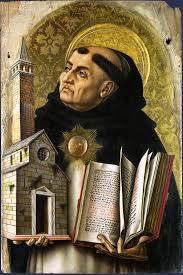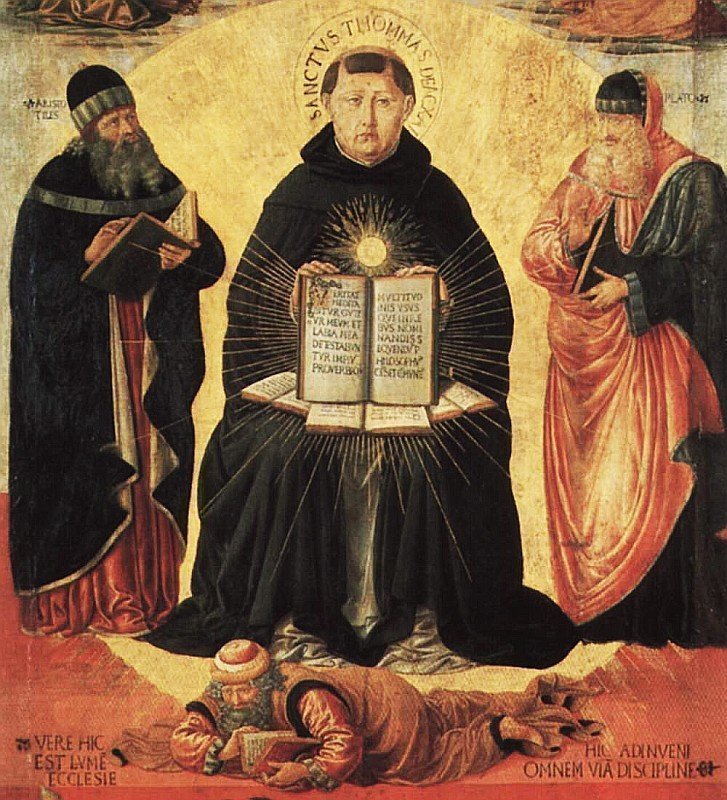Essential Philosophy
-
Introduction
Introduction: Essential Philosophy (Preview Content)1 Topic -
Dr. Schenk's Story: Essential Philosophy (Preview Content)1 Topic
-
Lessons & DiscussionsLesson 1: Fundamental Distinctions Used in Philosophy (Preview Content)3 Topics|1 Quiz
-
Discussion 1: Paying Attention to Your Own Thinking
-
Lesson 2: Popular Errors in Academia (Preview Content)4 Topics|1 Quiz
-
Discussion 2: Discussion of Three Common Academic Errors
-
Lesson 3: Skepticism about Truth (Preview Content)4 Topics|1 Quiz
-
Lesson 4: Three Examples of Faulty Reasoning4 Topics|1 Quiz
-
Lesson 5: Ontology--The Study of Being3 Topics|1 Quiz
-
Discussion 3: Discussion of the Ontological Argument
-
Lesson 6: Anselm’s Ontological Argument for the Existence of God4 Topics|1 Quiz
-
Lesson 7: Anselm’s Ontological Argument Continued3 Topics|1 Quiz
-
Discussion 4: Alvin Plantinga's Contribution to Arguments for the Existence of God
-
Lesson 8: Aquinas' Cosmological Argument for the Existence of God4 Topics|1 Quiz
-
Lesson 9: Craig's Cosmological Argument for the Existence of God3 Topics|1 Quiz
-
Discussion 5: Why Do We Keep Arguing about the Existence of God?
-
Lesson 10: Grunbaum’s Response to the Cosmological Argument3 Topics|1 Quiz
-
Discussion 6: Why is There Something and Not Nothing?
-
Lesson 11: Introduction to the Problem of Evil4 Topics|1 Quiz
-
Lesson 12: Solution to the Problem of Evil4 Topics|1 Quiz
-
Discussion 7: The Problem of Evil
-
Lesson 13: Theodicies for the Greater Good Argument4 Topics|1 Quiz
-
Lesson 14: William Rowe’s Evidential Version of the Problem of Evil Argument4 Topics|1 Quiz
-
Lesson 15: The Design Argument for the Existence of God4 Topics|1 Quiz
-
Lesson 16: The Fine-Tuning Argument for the Existence of God3 Topics|1 Quiz
-
Lesson 17: The Fine-Tuning Argument Continued3 Topics|1 Quiz
-
Discussion 8: The Fine-Tuning Argument
-
Lesson 18: The Free Will Debate3 Topics|1 Quiz
-
Discussion 9: The Free Will Debate
-
Lesson 19: David Hume's Radical Empiricism and Argument Against Causation2 Topics|1 Quiz
-
Lesson 20: Roderick Chisholm's Theory of Agency2 Topics|1 Quiz
-
Lesson 21:Chisholm's Critique of Hume's Compatibilist Theory of Action2 Topics|1 Quiz
-
Lesson 22: The Need for a Theory of Action2 Topics|1 Quiz
-
Lesson 23: Frankfurt's Theory of Action3 Topics|1 Quiz
-
Discussion 10: Why Educators Should Study Philosophy
-
Discussion 11: Why Dr. Schenk Moved from Atheism to Theism
-
End of Course TestEnd of Course Test: Essential Philosophy1 Quiz
Saint Thomas Aquinas & the Five Ways
In this lecture, Dr. Schenk mentions Saint Thomas Aquinas’s “Five Ways” Argument as a background for the Cosmological Argument. If you are interested, an outline of Aquinas’s “Five Ways” is available here in the public domain from Minnesota State University.
Aquinas’s “Five Ways” is a collection of five arguments for the existence of God, including:
- Argument from Motion
- Argument from Efficient Causes
- Argument from Possibility and Necessity (Reductio Argument)
- Argument from Gradation of Being
- Argument from Design

Saint Thomas Aquinas was born in the Kingdom of Sicily in 1225 and died in 1274. Aquinas was a Dominican friar and a Catholic priest. His work in philosophy and theology has had immense influence on Western philosophical thought, with the Summa Theologica (a collection of the teachings of the Catholic Church) as his most famous work. His interests ranged from the study of reason, ethics, and natural law to metaphysics and theology. As Dr. Schenk shares, Aquinas embraced Aristotelian philosophy, merging it with his Christian beliefs. Aquinas was both a philosopher and a great theologian, and from his work came the philosophical school of Thomism. He was canonized as a Saint in 1323.



